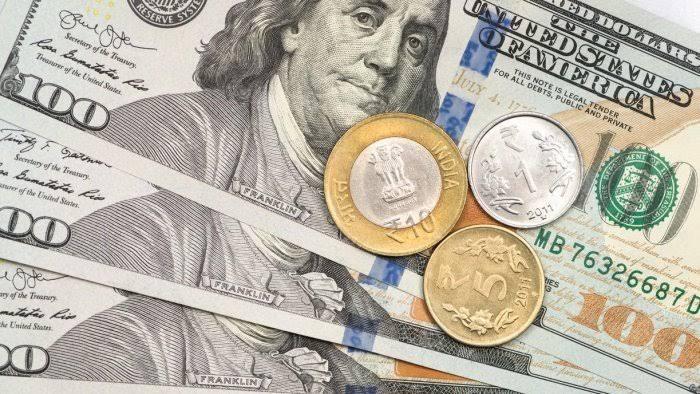Nigeria’s Foreign Reserves grew by $2b in six weeks to $36.83billion
Data from the Central Bank of Nigeria (CBN) indicates that Nigeria’s foreign reserves have risen by over $1 billion since the start of July 2024, increasing from $34.3 billion to $36.83 billion as of August 9. This rise reflects a favorable shift for the economy, which may enhance macroeconomic stability and improve the economic outlook.
The increase in Nigeria’s foreign reserves can be linked to various factors, including a modest rise in global oil prices, which benefits Nigeria as a significant oil exporter. Furthermore, the government’s initiatives to diversify the economy and encourage non-oil exports are beginning to yield positive results, contributing to the influx of foreign exchange.
Additionally, the increase in the monetary policy rate has attracted foreign capital inflows. This growth in Nigeria’s foreign reserves is anticipated to bolster the country’s capacity to fulfill international payment obligations and serve as a safeguard against external economic disturbances. It may also aid in stabilizing the naira, potentially resulting in better exchange rates and diminished inflationary pressures.
Moreover, this development is expected to enhance investor confidence, as elevated in Nigeria’s foreign reserves indicate improved economic stability, thereby attracting more foreign direct investment. Nevertheless, in light of global economic uncertainties, particularly those concerning oil prices, it is essential for the government and the CBN to implement more cautious fiscal and monetary policies to maintain this upward trend.




